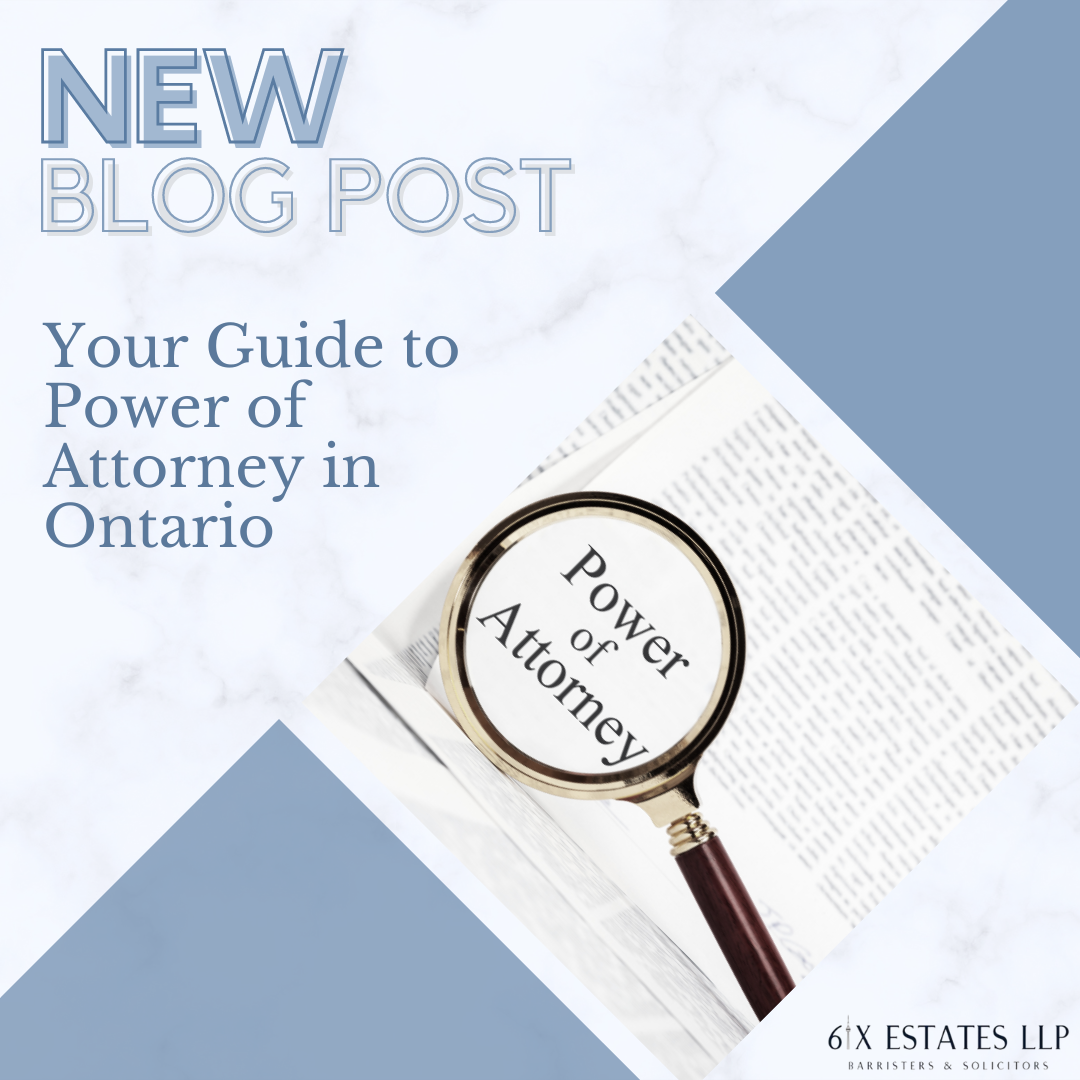In Canada, a mortgage lender is an individual or institution that can provide a loan for property purchases. There are multiple types of mortgage lending entities that hold different requirements for loan eligibility, which can vary depending on the particular institution. Specifically, mortgage lenders are divided into Institutional Lenders – A-Lenders and B-Lenders; and Alternative Mortgage Lenders – Private and Monoline.
For the purposes of this blog post, Private mortgage lenders will be scrutinized, focusing on their general logistics, as well as the pros and cons of their services.
Private mortgage lenders are businesses or individuals that privately lend money in the form of short-term, interest-only loans. As they focus more on your mortgage as an investment, they tend to be less strict on credit history and background checks. Therefore, borrowers who cannot qualify with Institutional lenders will seek out the services of a Private lender.
When applying, Private lenders require borrowers to state what the money is needed for. Most borrowers will need a loan to: help consolidate existing debt like high-interest credit cards, pay tuition fees, pay for home repairs or renovations, and to cover living expenses.
For a borrower, it is important to understand and evaluate the pros and cons of a Private mortgage as it is major financial agreement.
The pros of Private mortgage lenders are the following:
- Flexible eligibility criteria: Borrowers who do not qualify with an Institutional lender, such as a bank, can still acquire a mortgage loan with a Private lender, as they are fairly easy to qualify for, due to the removal of the Stress Test
- Quicker money-lending process: Compared to major banks, Private lenders can provide a faster process as they are not required to follow a comprehensive mortgage approval process
The cons of Private mortgage lenders are the following:
- Higher interest rates: Because private lenders are not restricted to the same regulations as Institutional lenders. they can charge higher interest rates
- Interest-only payments: Most, if not all, Private mortgages require that payments only go towards interest; thus, not contributing to your principal mortgage
- Extra fees: Borrowers are expected to pay additional fees, such as lender fees; broker fees; legal fees etc, that would not need to be paid If borrowing from an Institutional lender
- Only short-term loans available: The borrower is usually expected to pay back the loan within 24 months
Due to the many complexity of mortgage lending, it may be of interest to reach out to a real estate lawyer. A lawyer will not only help you understand the terms and conditions of your mortgage loan, but they can help you determine if the transaction will benefit you. Real estate lawyers will even facilitate the entire mortgage transaction between you and your lender, ensuring that you are receiving and entering a legitimate offer.
At 6ix Estates LLP, we represent clients in mortgage financing or refinancing transactions, both with institutional and private mortgage lenders. We will meet with all borrowers before closing to review the entire transaction, sign the documents and arrange for funds.
Contact us today for a free, 30-minute, no obligation consultation.


